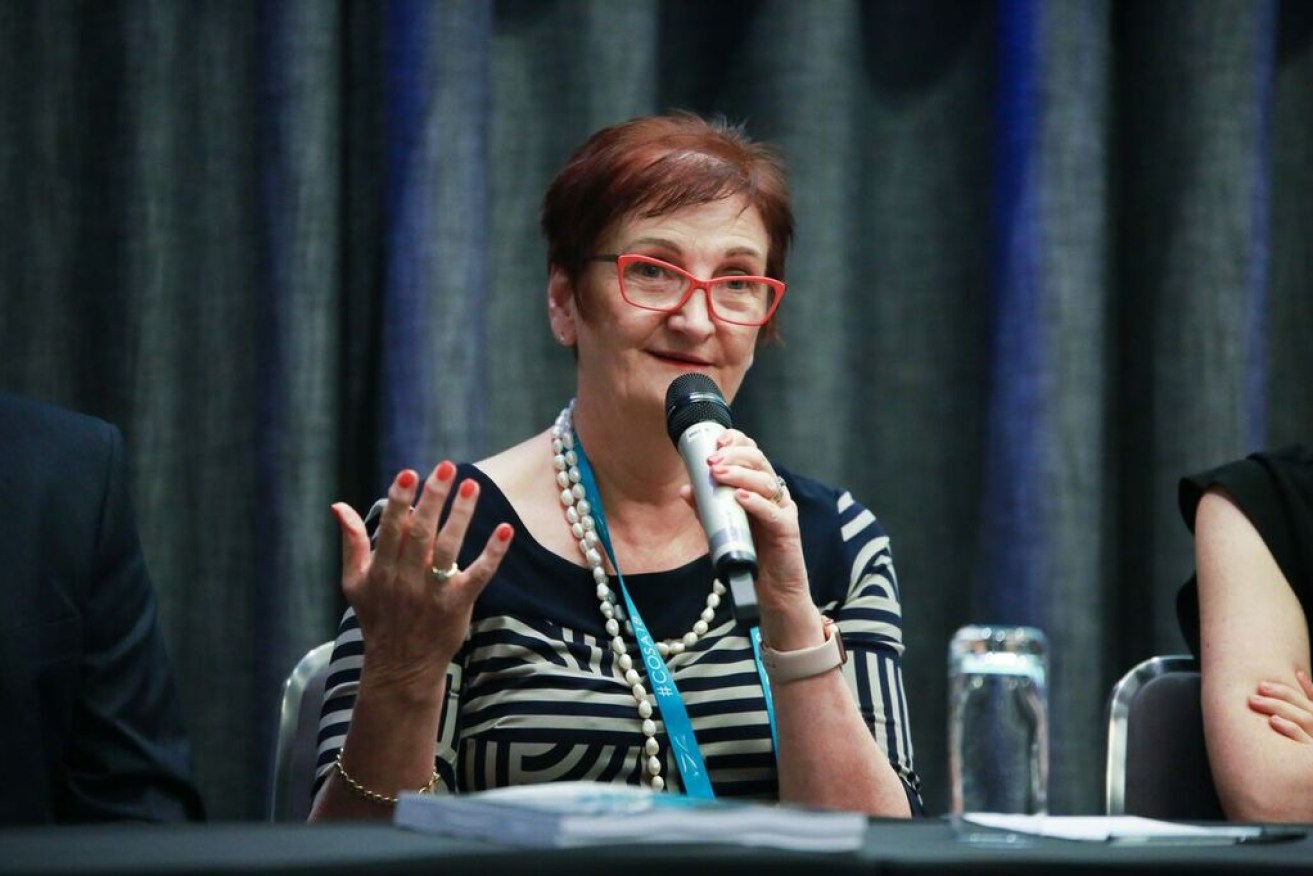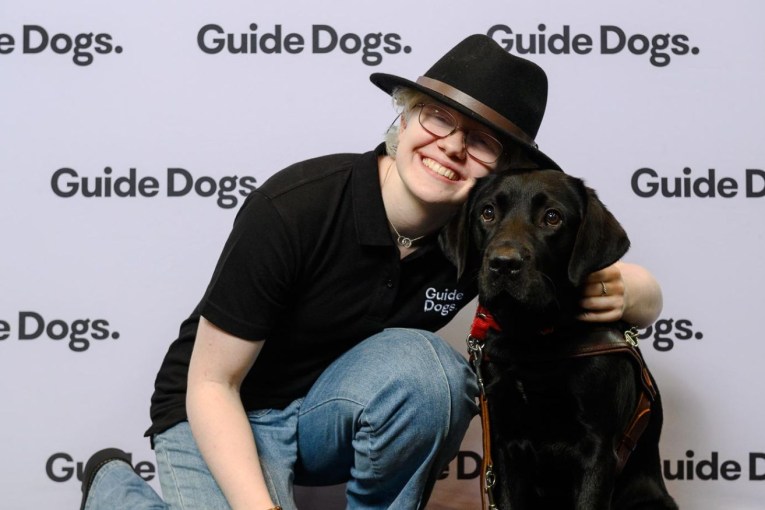Charity groups push for greater transparency of hidden cancer treatment costs


Cancer Council Australia's Professor Sanchia Aranda presents the draft guidelines in Perth on Thursday. Photo: WLM Creative
Some cancer patients are going without their medication in order to meet daily living costs, and the average out-of-pocket expense for treatment runs into thousands of dollars, research has found.
The findings have prompted fresh calls for health professionals to fully disclose the fees they charge for cancer treatment.
A group of cancer charities led by Cancer Council Australia says doctors and medical practices, particularly those in the private sector, need to take greater responsibility to reduce the burden of excessive fees and hidden costs charged to their patients.
The charities have outlined a series of recommendations in a draft consultation paper, which was presented on Thursday at the Clinical Oncology Society of Australia annual scientific meeting in Perth.
Among the draft recommendations, the group is calling for clinicians to provide patients with full financial disclosure and to update fee estimates for treatment and care if these change.
Doctors must also strongly advise patients to ask about costs, and to discuss the impact of indirect costs, such as taking time off work for treatment and recovery.
A doctor must also not charge a higher fee for a service that they claim is more beneficial unless it is backed up by published evidence, the group recommended.
Bill shock hits patients
Cancer Council CEO Professor Sanchia Aranda said cancer treatment often involves multiple healthcare providers, and patients can be left confused about who pays for what service.
“Patients often report bill shock. They might have agreed to have surgery, and they understood the cost from the surgeon. But they’ve not been told about the cost of the anaesthetic, or the pathology, or other things where they’re going to be out of pocket,” she told The New Daily.
“This new standard calls on clinicians and health services to be more explicit.
“Not necessarily in terms of giving a very firm quote on things they can’t judge, but in letting patients know that there will be other costs associated with their treatment.”
In dollar figures
A 2017 Cancer Council analysis on the cost of cancer care to patients found that up to one in two Australian cancer survivors experienced financial stress.
According to a Consumers Health Forum survey released in April, the median out-of-pocket cost for people with cancer was about $5000.
More than one in four breast cancer patients were paying more than $10,000 in gap fees despite having private cover, the survey revealed.
Professor Aranda said that some patients were making treatment decisions based on cost, without realising that low-priced or no-gap options may be available to them.
“There’s an increasing expression of financial toxicity and hardship particularly from the poorer members of our community,” she said.
“There are people who are taking medications every second day, instead of every day, because of prescription costs. They’re doing that so they can put food on the table.”
Hope for ‘a new standard’
The draft recommendations are backed by the Breast Cancer Network Australia, Prostate Cancer Foundation of Australia and CanTeen.
Director of Genitourinary Oncology at Peter MacCallum Cancer Centre Associate Professor Declan Murphy has also welcomed the move.
“I’m hoping the new standard will be welcomed by all specialists looking after cancer patients in private practice,” he said.
“We have a responsibility to those we care for to make sure we are doing everything we can to minimise financial stress and engaging them in decisions about their treatment.
“That includes transparency about out-of-pocket costs, as well as advice about options in the public system. It’s not too much to ask,” Associate Professor Murphy said.
The Australian Medical Association said it had not been engaged to work on the draft recommendations but welcomes any conversation around informed financial consent.
“If any organisation, practitioner or patient needs advice on informed financial consent, the AMA has a page dedicated to this on its website,” AMA president Dr Tony Bartone told The New Daily.
“This includes a handy form for patients and doctors to fill out regarding fees, and suggested questions to ask your doctor.”
Dr Bartone said the AMA recognised that doctor fees were complex, but that was only part of the conversation.
“For that reason we produced an easy-to-understand guide to private health insurance,” he said.
“Importantly this shows a number of insurers’ rebates, which we know vary between funds and even between policies with funds, and it is these rebates which are a key component of knowing your likely out-of-pocket costs.”
The new draft Standard for Informed Financial Consent is now open for public consultation. A copy of the standard and details on how to provide feedback can be found online here.








